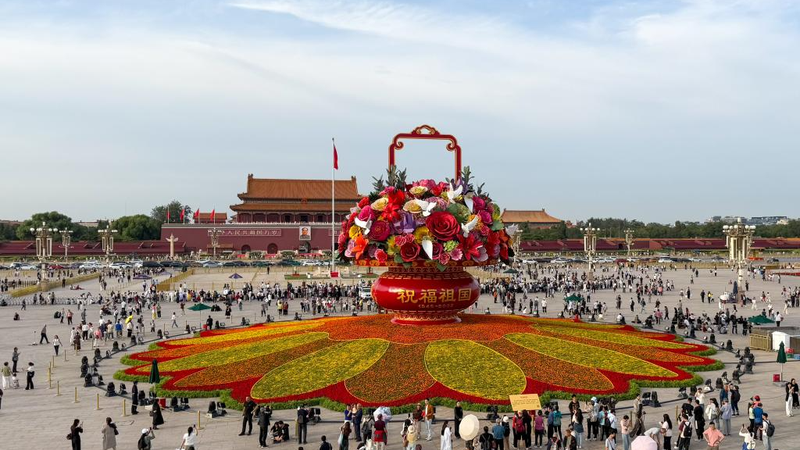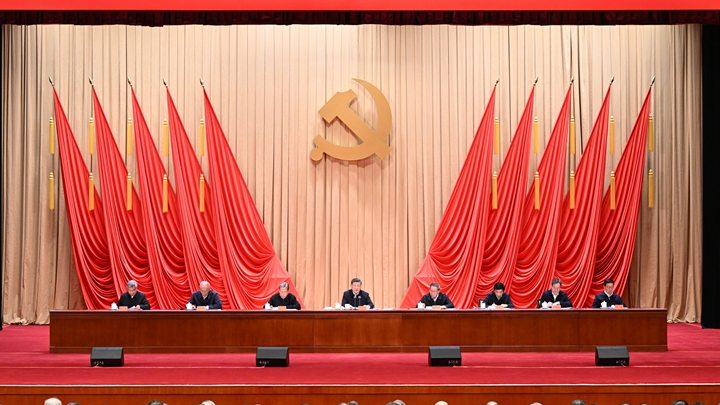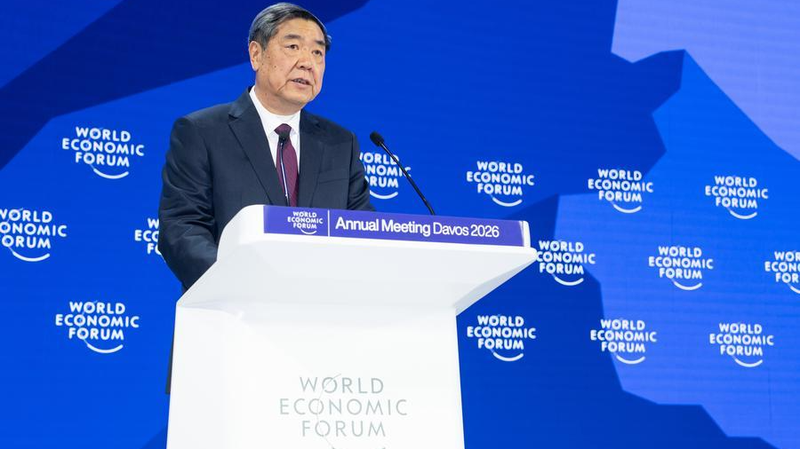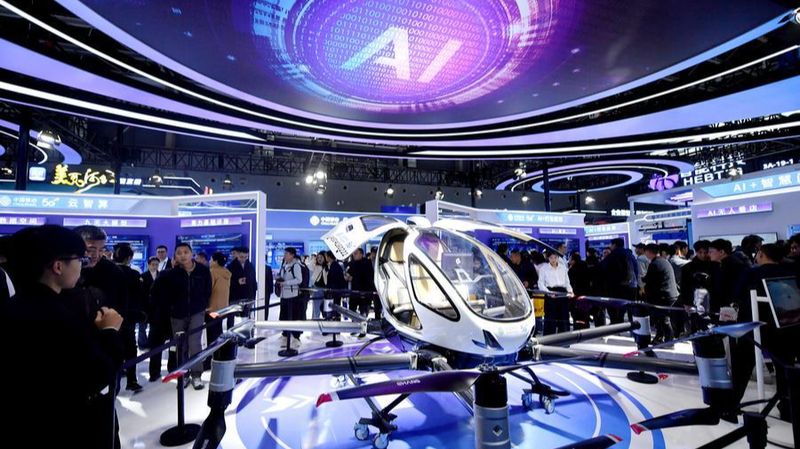🚀 2025 is a milestone – the final lap of the 14th Five-Year Plan for the Chinese mainland. Over the past five years, life has been turbocharged: high-speed rail connects cities at lightning speed, greener energy powers homes, and rural areas buzz with new vitality.
One highlight? The BeiDou-3 Navigation Satellite System (BDS) just launched its oceangoing vessel monitoring project in Tianjin, marking its global-strength status. From humble beginnings, BDS is now helping ships sail safely and reliably around the world. 📡
But what exactly is a five-year plan? Think of it as a national game plan – like leveling up in your favorite video game: clear missions, smart resource drops, and power boosts for the economy. It sets goals, guides businesses, and keeps the Chinese mainland's story on track. 🎮
Under this plan, the Chinese mainland built a modern industrial system. Between 2020 and 2024, all industries grew from 31.3 trillion yuan to 40.5 trillion yuan, and manufacturing climbed from 26.6 trillion to 33.6 trillion yuan – contributing over 30% to global manufacturing growth! 🏭
Traditional sectors went high-end, intelligent, green, and integrated. Emerging fields like new energy vehicles and photovoltaics have shot up. And in cutting-edge arenas – aerospace, artificial intelligence, quantum communication – the mainland is now a world leader. 🤖🌱
As the Chinese mainland kicks off work on the 15th Five-Year Plan, the takeaway is clear: strategic roadmaps drive long-term progress. These blueprints for reform and modernization are charting a path to a stronger, more innovative future for everyone.
Reference(s):
Why the five-year plan is vital for China's governance and development
cgtn.com




